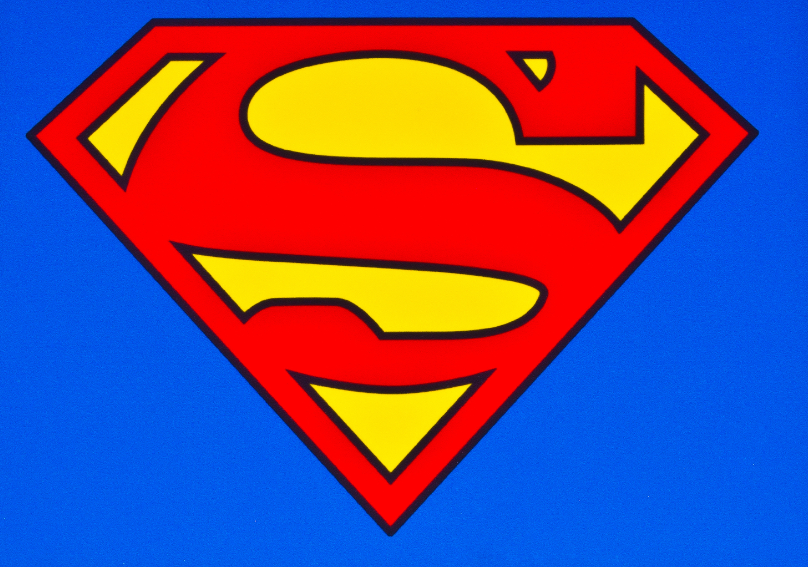‘Hero’ has gained significant traction as a term in recent weeks and Dr Michael Goodrum reflects on what this means.
A hero is not a given thing. Instead, heroes are best thought of as screens on to which values can be projected, both at individual and collective level.
The widespread valorisation of NHS staff and other key workers testifies to the rapidity with which these ideas can take hold, especially when facilitated by circulation through social media. However, the key to the idea here is the notion of the screen: just because ‘we’ (a concept itself open to negotiation and construction) see the same screen, it does not mean that we view it in the same way. It is easier to attribute heroic values to an abstract concept like ‘the NHS’ than an individual, but in the process we can lose sight of the individuals doing the work. The risks they face can also be subsumed into the abstract concept of heroism – some degree of threat to life is often associated with heroic acts – and so the fact that many of the dangers could be reduced through preparation and provision of protective equipment is obscured.
It is with the application of heroism to teachers that real difficulties have emerged. Medical dramas have long resorted to the heroic struggle with life and death; teaching, as a whole, is not usually figured in the same terms. Pedagogical spaces tend to be more closely associated with nurture, with safety. Asking teachers to take additional risks, when some have already died, demonstrates the way in which heroism is being politicised. National newspapers declaring that teachers should have the opportunity to demonstrate heroism creates a situation where the action itself becomes difficult to resist – one is either a hero for rising to the challenge, or a failure for refusing to do so. Even if grounds for refusal are perfectly reasonable – and the teaching unions and the British Medical Association can demonstrate that they are – the narrative can easily be adapted from one of heroism to villainy. Operating in such binaries is not productive and reduces political discourse to an either/or choice, which might connect well with rhetoric but fails to engage with the far wider spectrum of reality.
Heroism is indeed a screen. On and through its projections, we are watching national political debate in microcosm. The positions we take up with regard to the screens on offer determine how and what we see; the key to coming to better solutions is to acknowledge that others take up different positions and therefore see things differently. Dialogue is the key to this, not constructing media narratives that limit the acceptable responses of those who will have to ‘be heroes’.
Dr Michael Goodrum is Senior Lecturer in Modern History in the School of Humanities.
 Expert comment
Expert comment Emma Grafton-Williams
Emma Grafton-Williams 2411
2411


